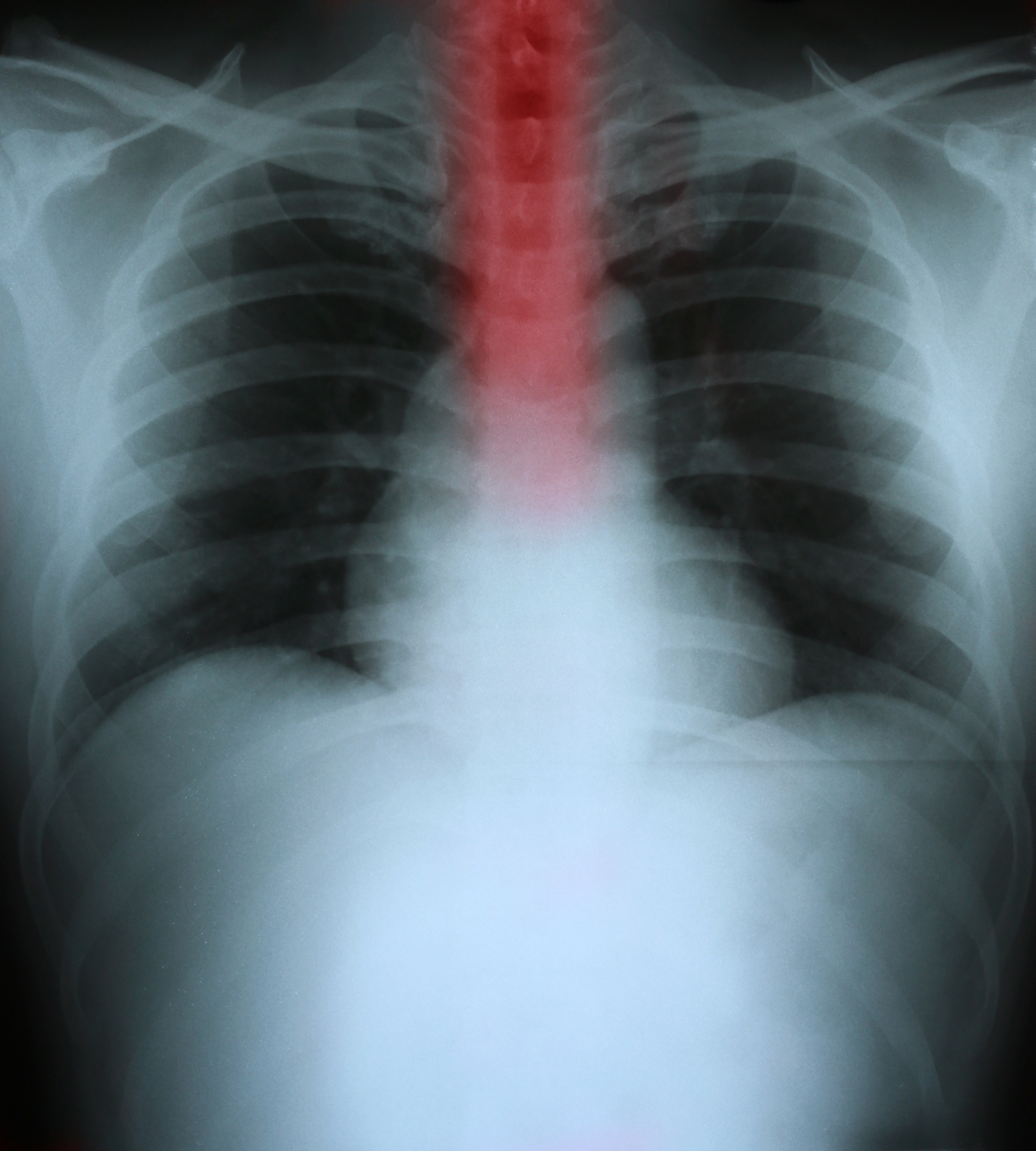‘Classic Scleroderma Esophagus’ Likely to Affect One-Third of Patients, Study Finds

Problems with the esophagus that result in difficulties with swallowing, or regurgitation and heartburn, typically affect “only one-third” of scleroderma patients, a study reported. But in those with these difficulties, quality of life is impacted.
The study, “Esophageal Motor Abnormalities in Patients With Scleroderma: Heterogeneity, Risk Factors, and Effects on Quality of Life,” was published in the journal Clinical Gastroenterology and Hepatology.
Reports often mention esophagus problems in patients with scleroderma, but scientists do not know how severe these problems are and to what extent patients are affected.
Difficulty in swallowing and gastroesophageal reflux disease, often called GERD, have been linked to the lack of peristaltic movements and to insufficient pressure in the muscle guarding the junction between the esophagus and the stomach. But whether patients experience a graded decline in peristaltic movement, or if a lack of movement is typical for them, has not been examined.
Researchers at the Mayo Clinic in Arizona recruited 200 scleroderma patients to examine how widespread esophagus problems are among these people, how they vary, and how such issues impact quality of life.
Of these patients, 117 (58 percent) had limited cutaneous disease and 83 (42 percent) had diffuse cutaneous scleroderma. All underwent a high-resolution esophageal manometry examination to assess esophagus movement.
As controls, the team recruited 115 individuals with other conditions, also examined between January–December 2015 with high-resolution esophageal manometry.
A group of 122 patients also completed two questionnaires. One, the UCLA Scleroderma Clinical Trials Consortium Gastrointestinal Tract Scale (GIT), measures the impact of various gastrointestinal symptoms on emotional well-being and social functioning. The other, the Gastrointestinal Symptoms Severity Index (GISSI), measures the frequency and severity of gastrointestinal symptoms, and how bothersome they are.
Esophagus movements are lacking in scleroderma patients compared to controls, the researchers noted, while symptoms vary among patients. An inability of the esophagus to contract was the most common problem, making up 56 percent of the registered symptoms. Normal movements were found in 26 percent of cases, and ineffective movements in 10 percent.
What researchers refer to as classic scleroderma esophagus — a condition with low pressure in the esophagus-stomach junction and a loss of contractions — was seen in 33 percent of the patients. This type of problem affected limited and diffuse scleroderma patients to a similar extent.
Researchers also noted that a severe lack of movement was linked to disease duration, interstitial lung disease, and higher scores of gastrointestinal symptoms, which were also associated with a lower health-related quality of life among scleroderma patients.






